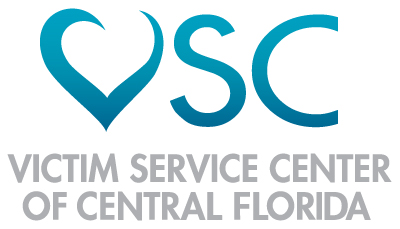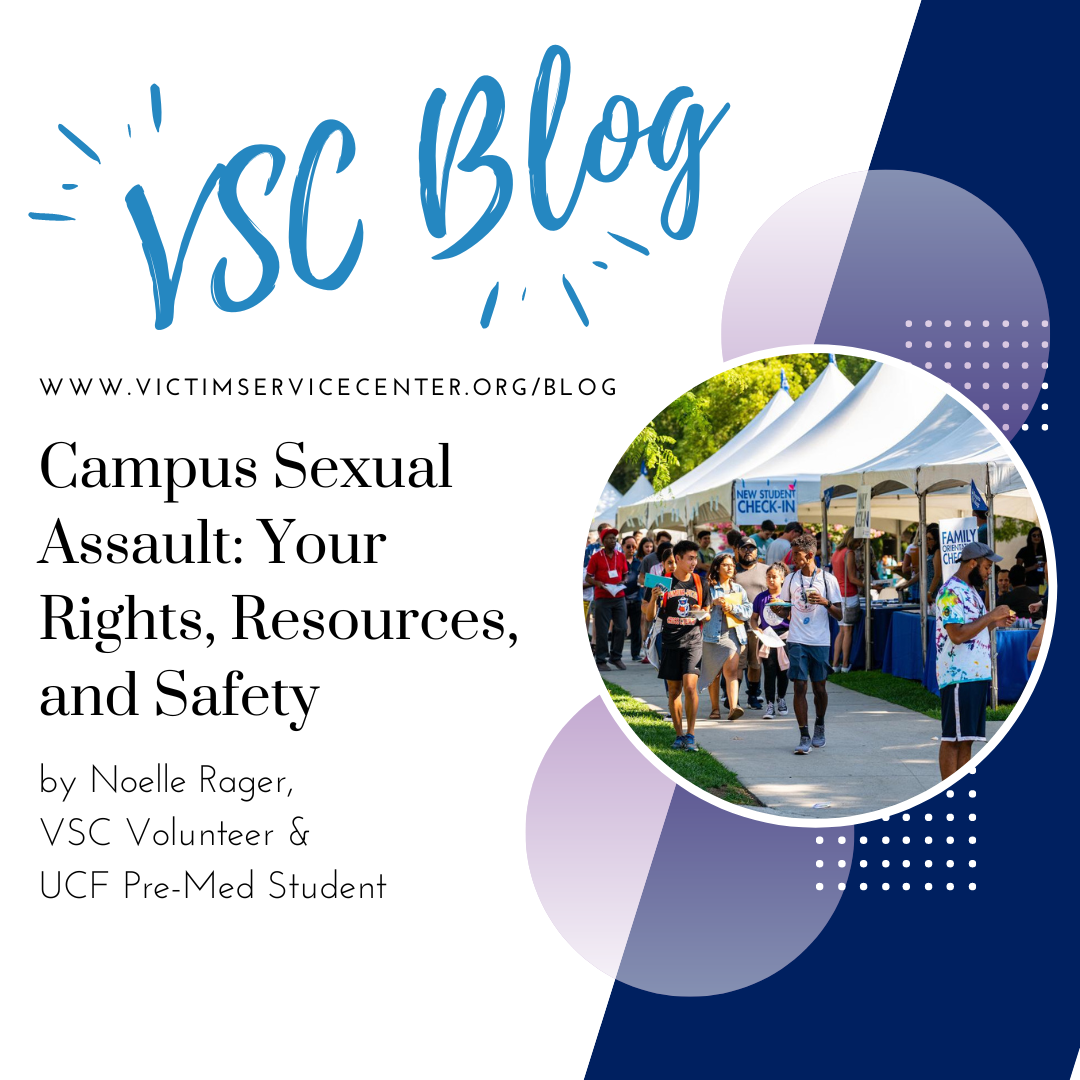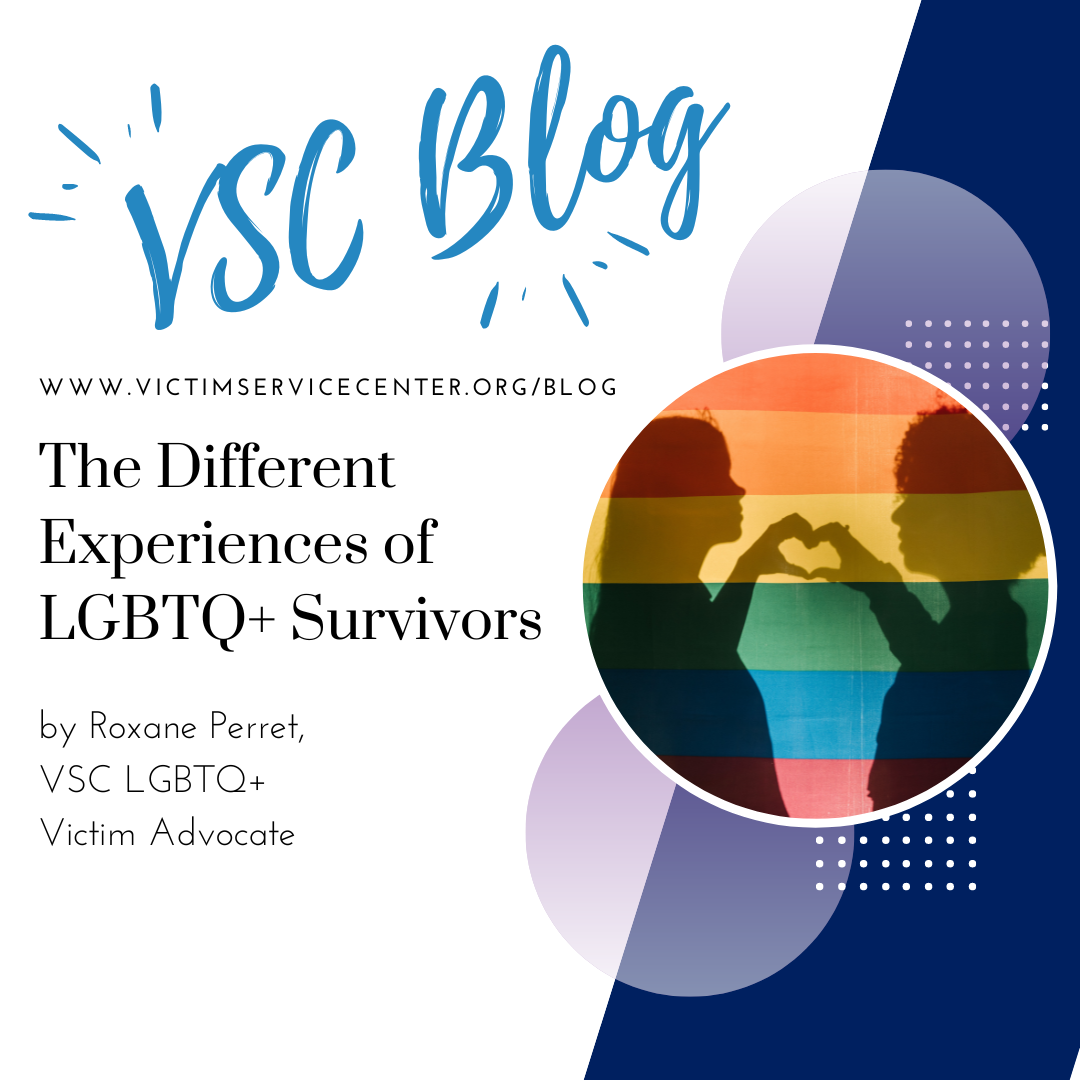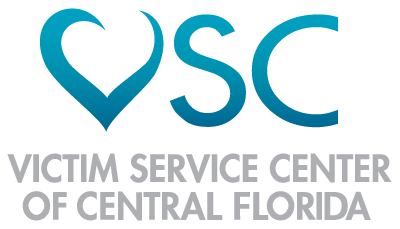Helping Hand: What you can do for the Survivor in Your Life
By: Meghan Hahl, VSC Therapy Intern
For many of us, it is difficult to imagine being a victim in a sexual assault crime. We may associate sexual assault with fictional horror stories that we see on television, or the headline that we skim over as we read the morning paper. The unfortunate reality of the situation remains; even if we ourselves have not experienced such an assault, it is likely that someone we know has at some point in their life. In the United States, a sexual assault occurs every two minutes. This results in one in every six women and one in every 33 men in the USA falling victim to such an assault. With such a high rate of victims, it is likely that you have a friend or acquaintance who has gone through their own trauma. While not all individuals will necessarily disclose this information to you, it may feel overwhelming if a survivor of sexual assault chooses to confide in you. You may feel unsure of what to say or how to help this person, and may fear that your words could make things worse. How can you help those in your life who have been victims of such a crime?
If someone chooses to confide in you that s/he has been a victim of sexual assault, first remember that it is not his/her fault. Your first instinct may be to gather more details, or to wonder what your friend could have done differently to avoid such a trauma as you try to process through the story. As a trusted confidant, your role is to listen without judgment. Our society is programmed to ask what the victim could have done differently, so it is likely your friend may have received such judgmental feedback from other trusted individuals. Align yourself with your friend by providing a listening ear, and offer your support in his/her decision making process. If your friend has been a recent victim, s/he may be wondering if s/he should report the crime to the police, or if s/he should have forensic evidence collected. It may be your first instinct to convince your friend to go through with these decisions. While your heart may be in the right place, the experience of a sexual assault can be extremely traumatic, and such actions may be re-traumatizing for your friend. This is his/her decision to make, and as an ally it is your role to support him/her in whatever way they choose to act, even if it is a different decision than you feel you would have made. We are unable to know what we would do in those situations unless we have lived through them, and you will be of most help by offering support and respect rather than judgement and personal opinions.
Once the initial shock of learning a friend has been the victim of an assault has passed, it may be your instinct to shelter or protect your friend in any way you can. While this is a natural instinct that comes from a place of well meaning, it may actually do more harm than good. Of course it is important to offer support to your friend, however it is a different action to shelter your friend from the world entirely. When someone has experienced this victimization, they often feel as if they have lost control and power in their own lives. By sheltering your friend fully, you may continue to disempower him/her, making it more difficult for him/her to heal. Support your friend by encouraging him/her to make his/her own decisions, not only surrounding the trauma but also in his/her day to day life. Encourage him/her to seek out help if s/he desires it, but respect his/her decision if s/he does not want to pursue such a course.
It is important to remember that every individual is different and will have different preferences, as well as different ways of handling their trauma. If you are unsure of how you can help, it is best to always ask the survivor what would best help him/her. By providing support and being present, you can offer your friend help through his/her healing journey. As you help your friend through his/her experience, remember to care for yourself as well. Make time for your own self-reflection and healing, and seek counseling if you need to process the trauma your friend has endured.





